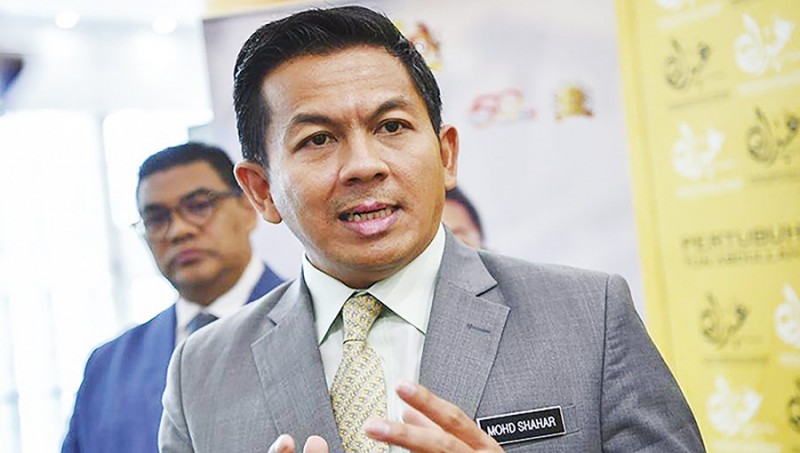
THE government will foster the agricultural sector as one of its strategic actions to accelerate structural transformation, as higher agricultural productivity would deliver triple dividends which are sustained food security, more productive human resources, and more efficient use of land and water.
Deputy Finance Minister I Mohd Shahar Abdullah said the government must promote sectors that have comparative advantages and nurture key sectors like agriculture in which the majority of the population is engaged in.
“Agricultural transformation remains a catalytic driver of economic diversification, industrialisation and human progress through its impact on household incomes, employment and wellbeing of the communities,” he said in his keynote address at the Malaysia Economic Summit 2022 themed “Accelerating Structural Transformation, Driving Economic Growth” in Kuala Lumpur today.
According to the Department of Statistics Malaysia, the country’s self-sufficiency ratios are low for agricultural items such as beef (22.2%), for which we spent RM2.2 billion on imports, mutton (9.6%) with RM879.4 million spent on imports, chilli (30.9%), and rice (63%).
As of 2020, the share of agriculture stood at 7.4% of the overall GDP and in recent years, the share of Malaysia’s agriculture sector in the economy has been comparatively small compared with neighbouring countries such as Indonesia (13.7%) and Thailand (8.6%).
Mohd Shahar said now that Malaysia has embarked on the endemic phase, the government should be more prepared in terms of the mechanisms to plan, implement, manage, and monitor all plans, developments, and policies in getting ready for the future.
Speaking on other strategic actions to be taken, the deputy minister said the government must also implement integrated strategies and broad partnerships to strengthen institutions, address regulatory barriers and ensure adequate protection for investors and workers.
He added that this would reduce macroeconomic and political instability, promote a competitive environment for the local industries, increase domestic and external investment and establish access to long term financing.
Meanwhile, Mohd Shahar also highlighted that priorities must be given to social and economic infrastructure that includes social security in developing a more inclusive and sustainable future.
“The cash assistance and the fuel subsidy programmes will be enhanced through more effective distribution mechanisms, moving away from blanket subsidies to more focused subsidies.
“This would ensure that the targeted groups of the needy would not be deprived of their rights,” he noted.
To ensure a more balanced regional development, Mohd Shahar said the government will continue to attract high-quality investment in all economic corridors.
“Rural areas will be developed as a growth catalyst. Therefore, emphasis will be given to improve the business ecosystem and upgrade infrastructure in the less developed regions or states,” he explained.
Focusing on the recovery agenda, he added the government will continue to strengthen and implement fiscal reforms to achieve fiscal sustainability through several tax measures.
“Malaysia is actively participating in various international tax collaboration platforms to ensure our tax system responds well to the international practices while considering the needs of the country,” he said.
Additionally, Mohd Shahar also highlighted that the Finance Ministry is committed to taking on extensive public and stakeholders’ engagement to obtain input and suggestions during the preparation and finalisation of Budget 2023.
“The public and stakeholders assist the ministry to formulate appropriate policies for the betterment of the people and the country,” he noted.
Source: https://themalaysianreserve.com/2022/06/14/more-push-for-agricultural-sector-to-improve-food-security/

